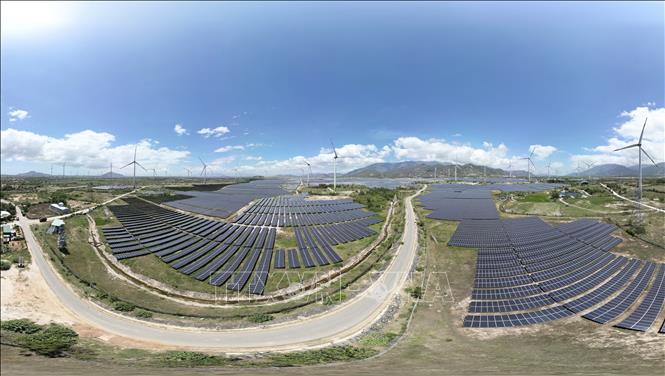
The 2022 oil price shock after the Russia-Ukraine conflict, the European gas crisis or the prolonged heat waves that put pressure on the global power system have shown that energy is not only the "blood vessel" of the economy , but also a factor closely linked to national security, social stability and international competitiveness. Therefore, many major economies have implemented long-term strategies to diversify supply sources, increase strategic reserves and promote the transition to renewable energy - a direction considered the key to ensuring sustainable energy security in the new era.
Reserves - the first line of defense
One of the biggest lessons from past energy crises is that overdependence on one source of supply can turn into a “strategic vulnerability”. Therefore, many countries have been focusing on diversifying their energy sources, building strategic reserves and strengthening import infrastructure.
In the US, the government has invested heavily in the Strategic Petroleum Reserve (SPR), currently the world’s largest reserve with a capacity of more than 700 million barrels. During the 2022 oil price spike, the US released more than 180 million barrels to stabilize the market and reduce inflationary pressures. At the same time, the US has expanded its liquefied natural gas (LNG) supply network, promoting exports to Europe and Asia to increase supply chain flexibility.
Japan, one of the world’s top energy importers, has long considered diversifying its import sources as key to ensuring energy security. The country maintains a national oil reserve sufficient for more than 160 days of use, while increasing LNG imports from partners such as Australia, the United States and Qatar to reduce geopolitical risks. Japan has also been continuously investing in hydrogen and ammonia energy projects – alternative energy sources expected in the long term.
In South Korea, a “three-pronged” strategy of expanding oil and gas reserves, building modern LNG storage facilities, and strengthening energy ties with the Middle East, the United States, and Southeast Asia has helped the country maintain stable supplies. South Korea has built a strategic oil reserve system of up to about 140 million barrels, while paying special attention to developing energy storage (ESS) technology to improve its ability to respond to supply disruptions.
Renewable energy turning point
If strategic reserves are a “shield” against short-term shocks, then renewable energy is the long-term solution to the problem of sustainable energy security. The European gas crisis of 2022–2023 clearly demonstrated that: countries with a higher share of renewable energy have been better able to withstand supply fluctuations.
Over the past decade, the US has doubled its wind and solar capacity, bringing renewable energy to more than 20% of the nation’s electricity production. The Inflation Reduction Act (IRA) of 2022 – the largest green energy support package in the country’s history – has provided a powerful boost, spurring hundreds of billions of dollars in investment in battery storage, electric vehicles and hydrogen.
Japan aims to have renewable energy account for at least 36–38% of its total electricity generation by 2030, with a focus on offshore wind and solar power. The government is also promoting the “Hydrogen Society” program, which lays the foundation for the commercialization of green hydrogen in transport and heavy industry.
South Korea has chosen a “Net-Zero 2050” path with a strategy focused on offshore wind and large-scale battery storage. The government aims to reduce emissions by 40% by 2030 compared to 2018 levels, while expanding investment in transmission infrastructure to connect renewable energy production areas.
Lessons from Europe
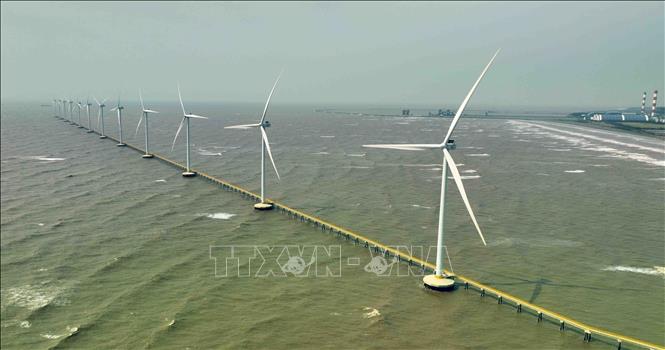
The energy crisis Europe is experiencing after Russia cut off gas supplies in 2022 is a stark reminder of the risks of dependence. For years, more than 40% of the European Union’s gas came from Russia. When conflict broke out in Ukraine, this dependence became a “strategic choke point”, pushing energy prices to record highs and putting enormous pressure on the economy.
However, the EU has responded quickly with a series of drastic measures. The REPowerEU program was launched with the aim of cutting gas imports from Russia by two-thirds in just one year. Member states have increased LNG imports from the US, Qatar and Norway, and expanded storage facilities to ensure gas reserves for the winter. Europe has also accelerated renewable energy projects, with new wind and solar capacity set to hit a record high in 2023.
As a result, by the end of 2023, the share of Russian gas in total EU imports will have fallen below 15%, demonstrating the effectiveness of the supply diversification policy. Lessons from Europe show that a combination of strategic reserves, partner diversification and investment in clean energy is key to improving the resilience of the energy system.
More than just energy
Energy security today is no longer a purely technical or economic issue. It has become a core part of each country's overall strategy - linked to national security goals, sustainable development and geopolitical position. In the context of the world entering the era of green transition, mastering new energy technology, building flexible supply chains and maintaining self-sufficiency in supply will determine not only domestic stability, but also competitiveness and influence in the international arena.
The future of energy security will be shaped by key pillars such as renewable energy, green hydrogen, next-generation battery storage and smart grids. At the same time, the race to secure supply will be global and require deeper cooperation between countries. Initiatives such as the Hydrogen Alliance between Japan, South Korea and Europe, or the coordinated effort to share LNG between the US and the EU, show that energy is becoming a new strategic “front” of international diplomacy and alliances.
Analysts say that in the coming decade, energy will not only be the “fuel” for economic growth, but also a measure of each economy’s ability to respond to fluctuations and adapt. Whoever is first in reshaping the energy system will have an advantage not only economically, but also in terms of strategic position in the global order.
Source: https://baotintuc.vn/kinh-te/buoc-ngoat-chien-luoc-cho-nang-luong-viet-nam-bai-cuoi-thuoc-do-nang-luc-ung-pho-truoc-bien-dong-20251014075158050.htm


![[Photo] Conference of the Government Party Committee Standing Committee and the National Assembly Party Committee Standing Committee on the 10th Session, 15th National Assembly](https://vphoto.vietnam.vn/thumb/1200x675/vietnam/resource/IMAGE/2025/10/15/1760543205375_dsc-7128-jpg.webp)
![[Photo] Many dykes in Bac Ninh were eroded after the circulation of storm No. 11](https://vphoto.vietnam.vn/thumb/1200x675/vietnam/resource/IMAGE/2025/10/15/1760537802647_1-7384-jpg.webp)
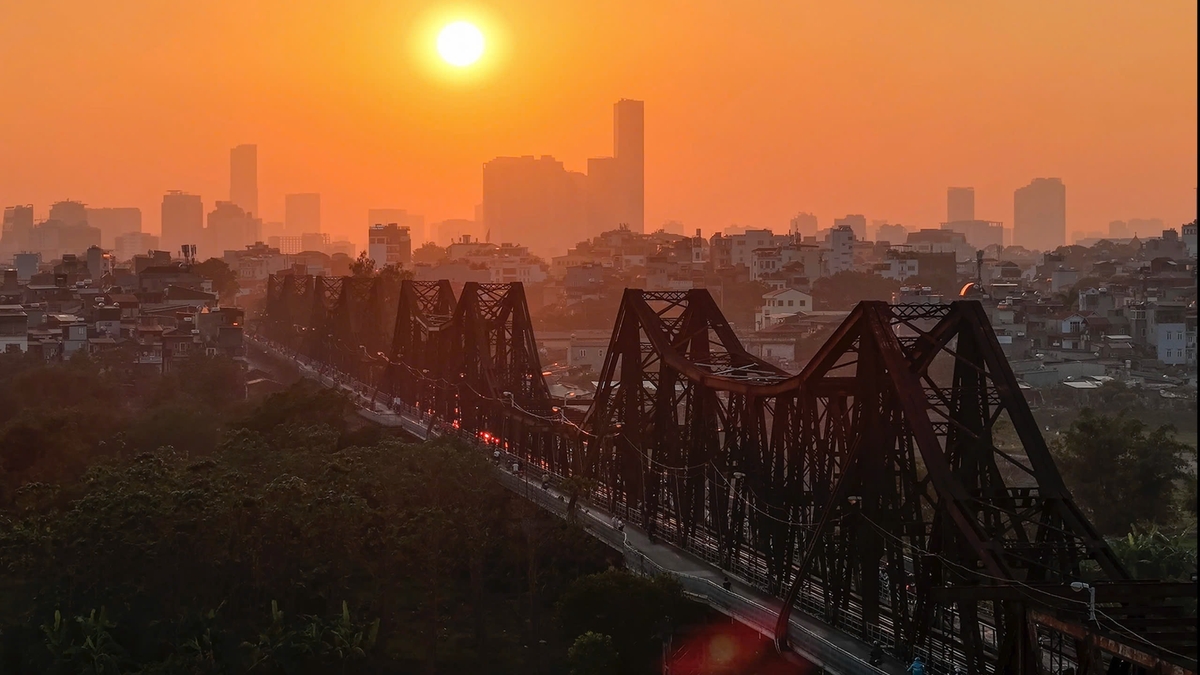


![[Photo] The 18th Hanoi Party Congress held a preparatory session.](https://vphoto.vietnam.vn/thumb/1200x675/vietnam/resource/IMAGE/2025/10/15/1760521600666_ndo_br_img-0801-jpg.webp)
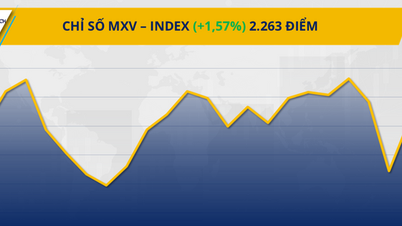

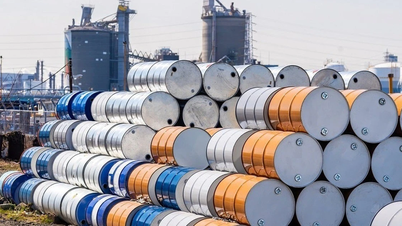

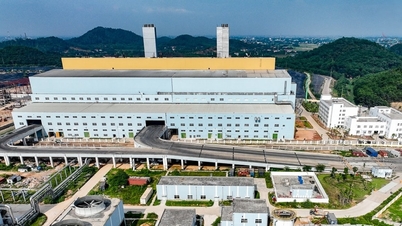

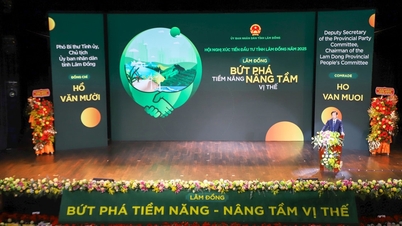



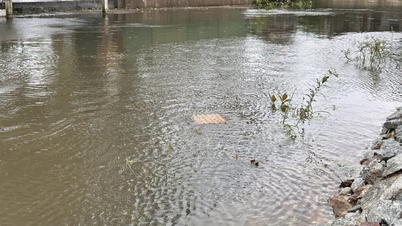


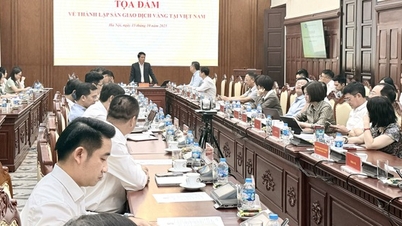

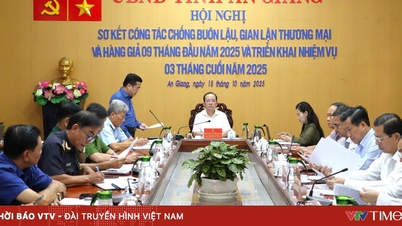
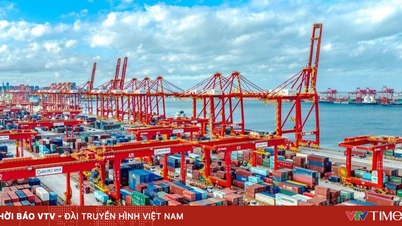
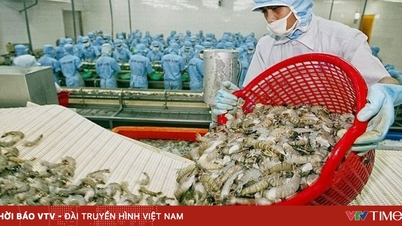
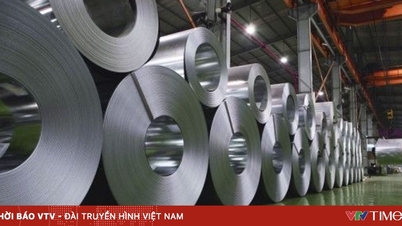




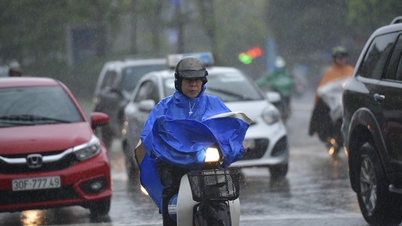
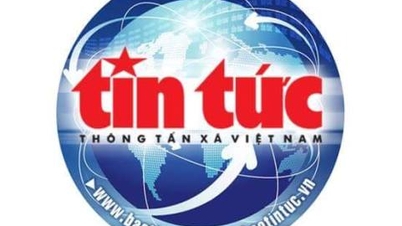
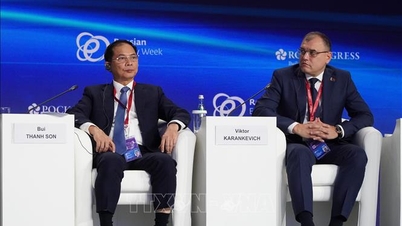
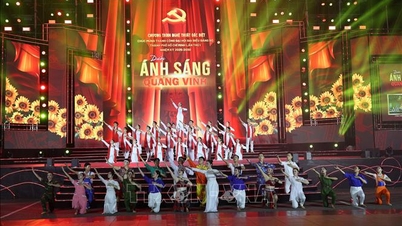
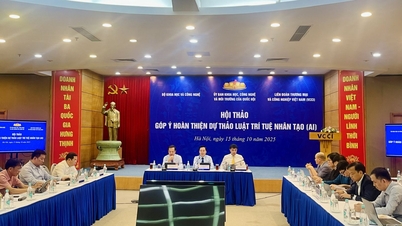
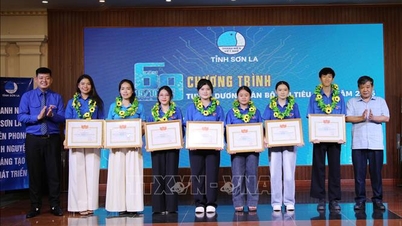









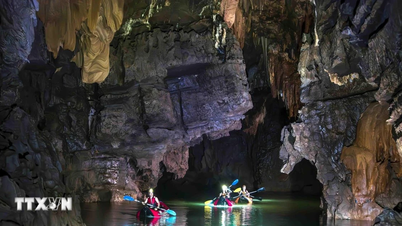




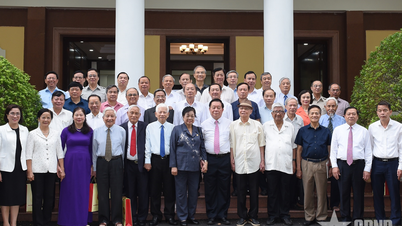






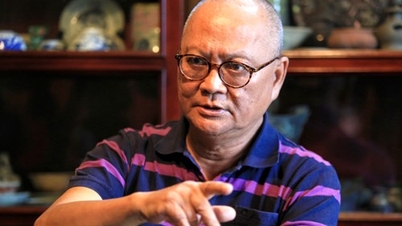
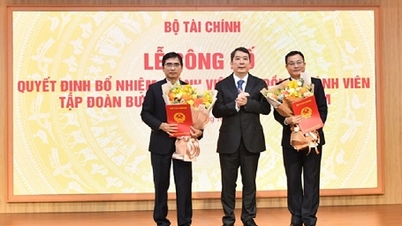













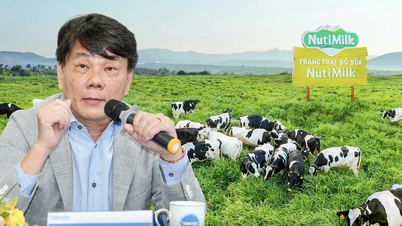

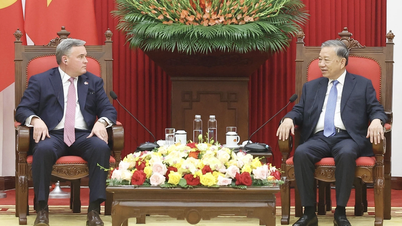

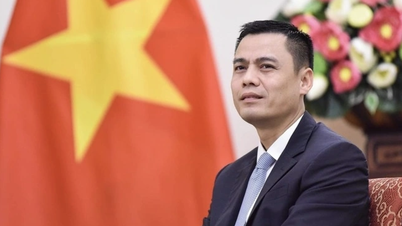


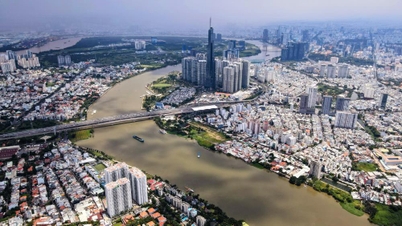

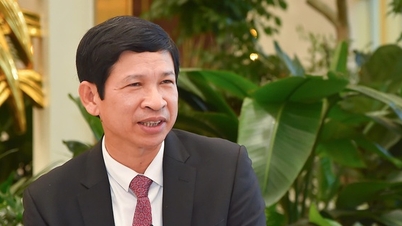

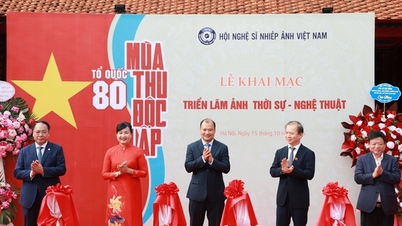

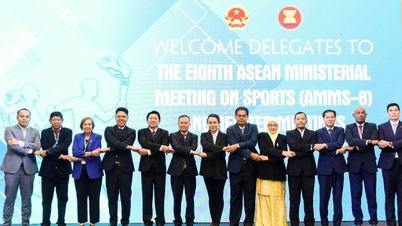
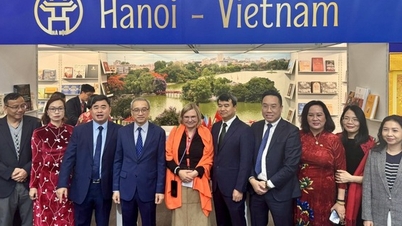
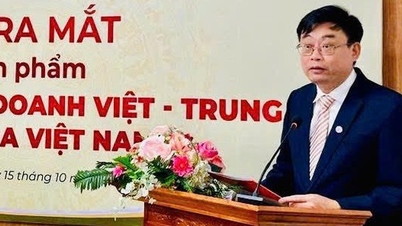



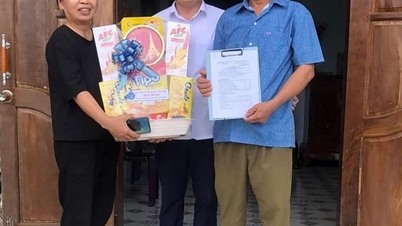


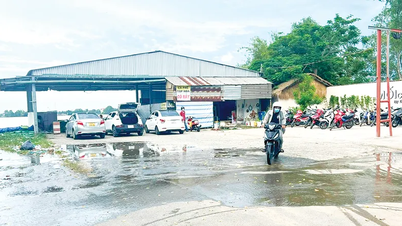

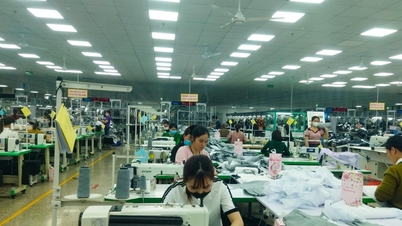

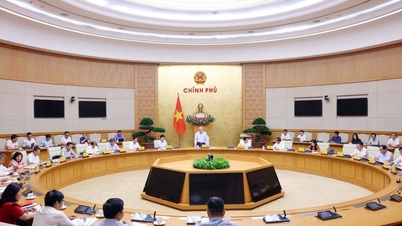














Comment (0)